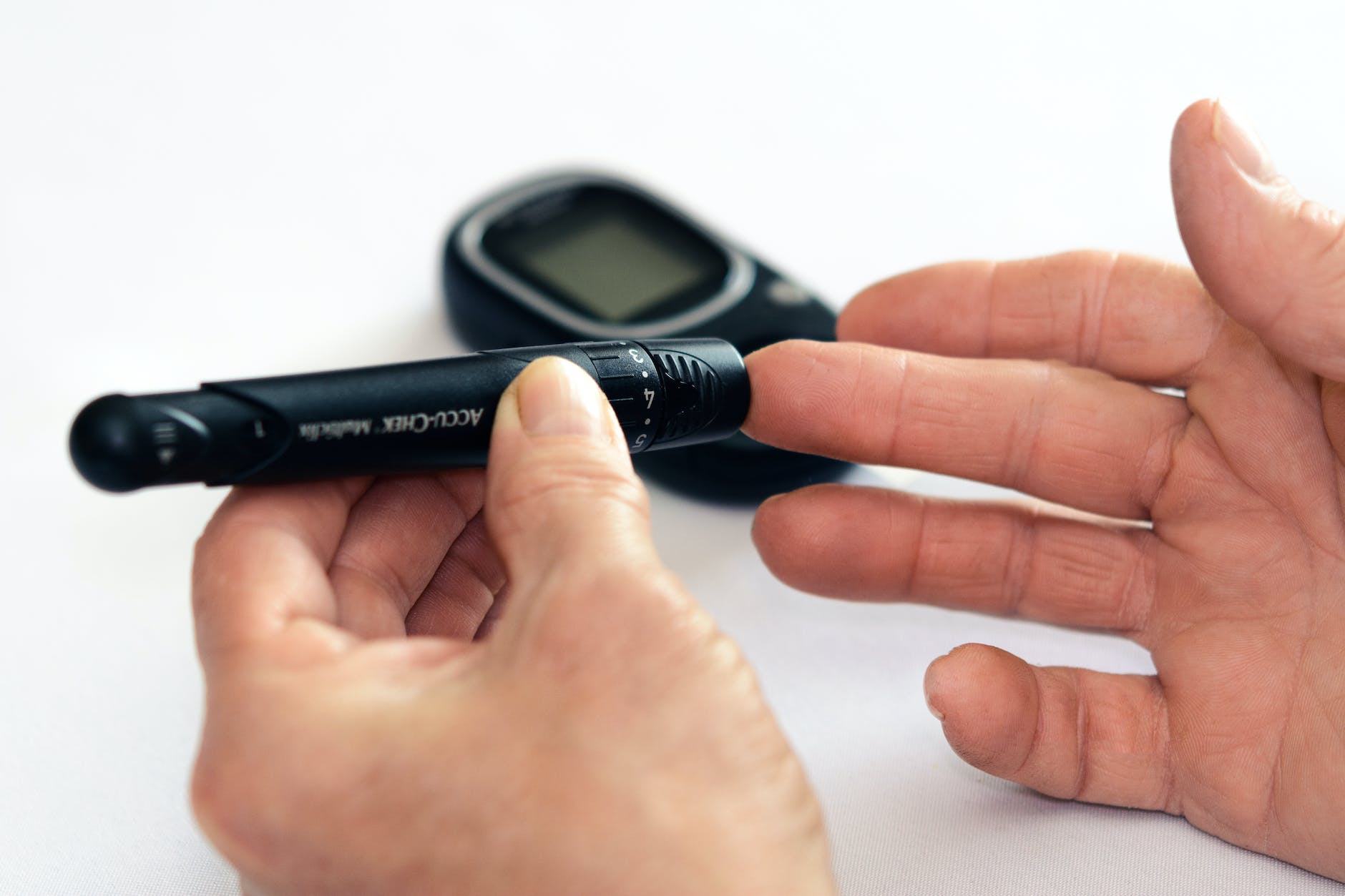In recent years, researchers have been making significant strides in understanding the complex relationships between various health conditions and their interconnected effects on the human body. One such area of investigation has revealed a potentially alarming link between diabetes and the accelerated growth of blood cancer. A new study sheds light on this connection, raising important questions about the management and treatment of both diabetes and blood cancer.
Diabetes and Blood Cancer: A New Link Discovered

The Study
The study, conducted by a team of scientists from prestigious institutions around the world, delved into the interactions between diabetes and blood cancer, specifically leukemia. Published in a prominent medical journal, the research aimed to investigate how diabetes might influence the progression and severity of leukemia in affected individuals.
Results
The findings of this study have uncovered several significant insights:
- Increased Cancer Risk: The study suggests that individuals with diabetes may have a higher risk of developing certain types of blood cancers, including leukemia. While diabetes itself is a serious chronic condition, its potential to increase susceptibility to cancer adds another layer of concern.
- Aggressive Tumor Growth: The research indicates that diabetes may contribute to the acceleration of tumor growth in leukemia patients. This is a particularly troubling revelation, as it implies that individuals with both conditions may face more aggressive forms of cancer.
- Challenges in Treatment: Diabetes can complicate the treatment of blood cancer. The study found that managing blood sugar levels in patients with diabetes and cancer is a challenging task, as fluctuations in blood glucose can interfere with chemotherapy and other cancer treatments.
- Prognosis: The study also examined the prognosis of leukemia patients with diabetes. Unfortunately, the results indicate that individuals with both conditions may experience poorer outcomes compared to those with leukemia alone. This highlights the critical need for tailored treatment approaches.
Possible Mechanisms
While the exact mechanisms behind the link between diabetes and accelerated blood cancer growth are not fully understood, researchers propose several theories:
- Inflammatory Pathways: Chronic inflammation, a hallmark of diabetes, may create a microenvironment in the body that supports cancer growth.
- Insulin Resistance: Insulin resistance, a characteristic of type 2 diabetes, can lead to increased insulin and insulin-like growth factor (IGF) levels, which can promote cell proliferation and potentially fuel cancer growth.
- Immune System Dysregulation: Diabetes can impair the immune system’s ability to detect and eliminate cancer cells, allowing them to proliferate more freely.
Implications and Future Research
The findings of this study have significant implications for both the management of diabetes and the treatment of blood cancer. Healthcare providers must be vigilant when dealing with patients who have both conditions, as their complex medical needs may require tailored treatment plans.
Future research in this area should aim to further elucidate the underlying mechanisms of the diabetes-cancer connection, allowing for the development of more effective therapies and interventions. Additionally, raising awareness among individuals with diabetes about their increased cancer risk is crucial, as early detection and proactive management can make a substantial difference in outcomes.
Conclusion
The study revealing the potential acceleration of blood cancer growth in individuals with diabetes is a sobering reminder of the intricate interplay between various health conditions. While more research is needed to fully understand the mechanisms at play, these findings emphasize the importance of comprehensive healthcare and collaboration among specialists to provide the best possible care for patients with coexisting diabetes and blood cancer. Ultimately, this research underscores the ongoing need for innovative approaches to cancer treatment and prevention in an increasingly complex medical landscape.
Related posts:










Leave a Reply